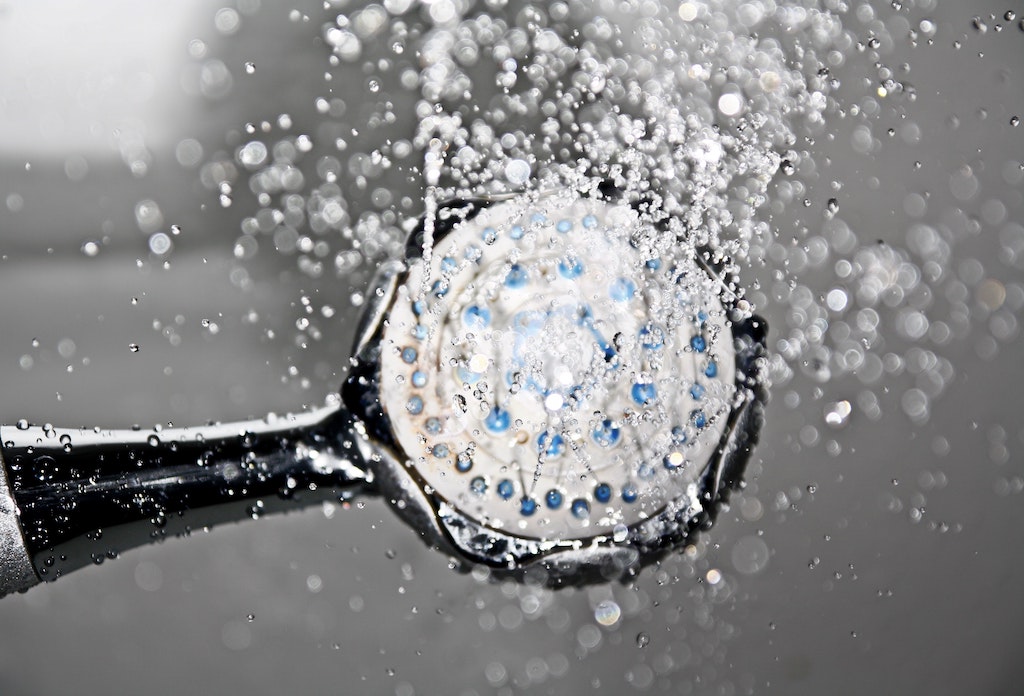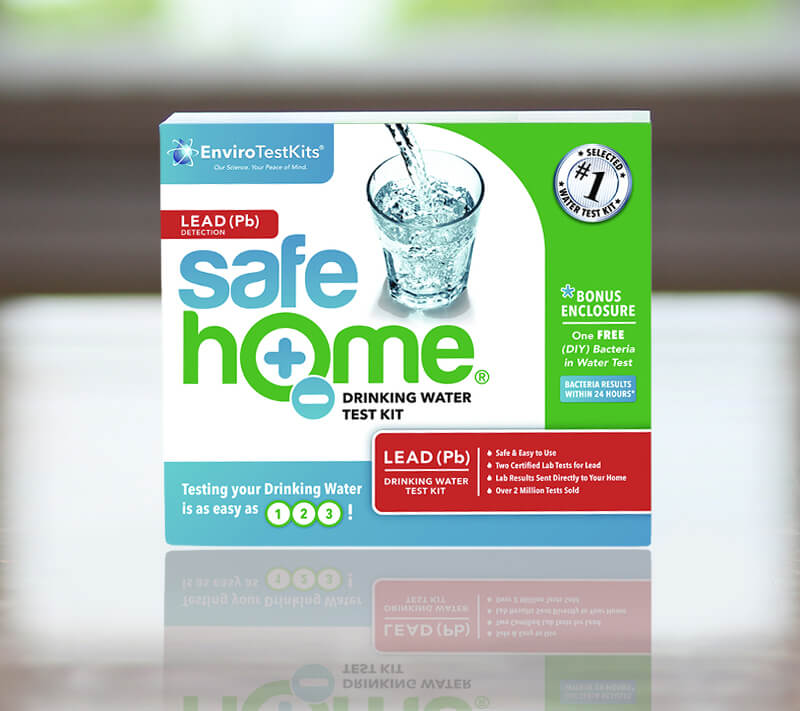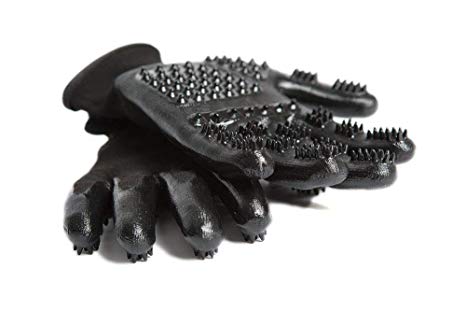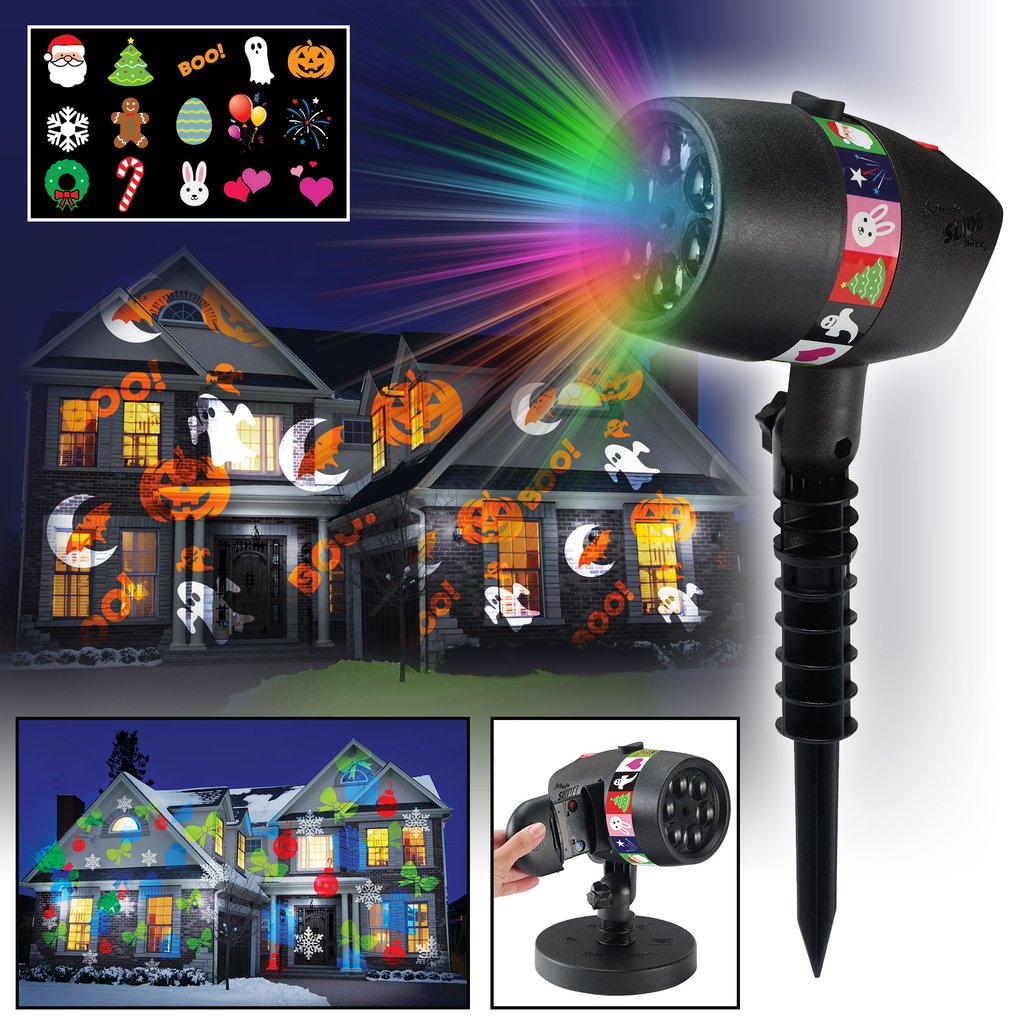
During the cold season, every person will want to use warm water, either when taking a shower or doing other house chores like cleaning.
For this reason, every homeowner wants to invest in a power source that is efficient and affordable. When it comes to the source of power, the common options are gas and electric water heaters. Note that the two alternatives provide reliable means to heat water in your tanks.
A gas water heater tends to be a cheap alternative since the energy used to heat water comes from burning a fuel, which is natural gas.
On the other hand, you need to install electric resistance coils to use an electric water heater. While the gas water heaters are not efficient like electric heaters, the high cost of electricity makes the operational cost of electric heaters high.
Gas water heaters tend to be a convenient choice for big families since they have a faster recovery rate.
| Electric Water Heater | Gas Water Heater | ||
| Power source | Domestic energy: can be coal, wind power, nuclear or natural gas energy | Natural gas | |
| Operates in power outage | No | Yes | |
| Life Expectancy | 13 years | 12-13 years | |
| Recovery Rate | ~14 gallons/hr. | ~50 gallons/hr. | |
| Efficiency | 0.90. | 0.60. | |
| 13 Year Price | $6,769 | $5,394 | |
| Price | $300 to $2880 (+wiring and installation) | $250 to $1500 (+gasline if there isn’t already one) | |
| Types | Storage, tankless, heat pump. | Storage, tankless, condensing. | |
-
Gas and Electric Water Heater: which is better
-
Performance
A gas heater has the capability of heating a 50-gallon storage rage within 60 minutes. The time a gas heater takes to reheat a water tank after use (recovery rate) is faster compared to that of an electric heater.
Another benefit of the gas water heater is that they can operate in even when power outage occurs. For large families, a gas water heater is the best choice an electric one will have difficulties in maintaining the hot water demands of many people.
The major drawback of an electric water heater is that it has a slow recovery rate. This means that a 50-gallon tank will need more time to recover.
-
Efficiency
In most cases, gas storage units tend to be inefficient due to the heat loss from exhaust gases and walls of a tank. Water remains hot all the time and even though this is beneficial, it implies that energy is wasted. The remedy for this problem is the use of condensing units which can help in increasing efficiency.
While electric heaters are known to be energy efficient, the savings in consumption of actual power are mitigated by expensive electricity bills. Electric heat pump units are extremely more efficient but they are rare and come with the high cost of installations.
-
Cost and Lifespan
Even though the cost of installation for the two water heating options is almost the same, electricity will be expensive to use than gas since electric units are more costly to operate.
Electric heater installation can be more costly since you might need a 220-volt outlet and connection for the electrical appliances. Electric water heating units have a longer life cycle than gas water heaters, but this will depend on the quality of water and how you maintain the heater.
For many homeowners, gas is a less costly alternative than electricity and this is the reason as to why many people prefer gas water heaters. This option is much cheaper if you already have a gas line available in your home. Changing from electric to gas can be costly since you will need to install a gas line and venting to exhaust heat.
-
Types
In many homes, the common type of water heaters is the storage tank that can carry 20-100 gallons of hot water and ready to be used at any time. The system stores a large amount of hot water but needs a recovery time once the tank has been used.
- Tankless heating
They traditionally heat water using electric coil but has recently been adopted in the gas-fired units. The tankless system heats water on demand, providing a large volume of hot water. The units are more costly than traditional storage water heaters and restrict water flow to keep it hot.
- Condensing boilers
Condensing boilers are the high-efficiency option for gas heaters. This system is designed to use energy from exhaust gases to heat cold water that comes into the storage tank. This can attain an increase in efficiency of 20% over traditional gas heating units.
- heat pump device
The latest alternative in electric water heating is the heat pump device. The system uses energy from the surrounding air to warm water. These units are the most energy efficient domestic water heating appliances though they are costly.
-
Pros of the gas water heater
- Gas heaters tend to heat water faster than electric units.
- Gas water heating units that are ignited with a pilot light instead of electric ignition will work even in an event of power outage.
- Note that electricity tends to be expensive than natural gas in most towns and this makes gas heating units an affordable means.
-
Cons
- Even though the energy bills will be low when using a gas water heater, installation and maintenance of the gas models tends to be high.
- Gas water heating units have a short life cycle than electric heaters.
-
Electric water heater
- An electric water heater offers a high level of convenience since it is more easy to use than a gas water heater.
- They are cost efficient since once you install an electric heater, they effectively reduce the cost of warming more water and keeping it hot.
- There is no wastage of energy since you only heat the water that you intend to use at the moment.
- The electric unit heats water on demand and for this reason, they help in conserving water.
-
Cons of the electric water heater
- They are costly in the long run
- Can’t operate in an event of a power outage
- Long recovery time
-
Final Thoughts
Gas water heaters are the best option for people with large families because electric heaters can’t keep up with high demands of hot water.
On the other hand, electric water heaters are a perfect alternative since they are more energy efficient than gas heaters. Additionally, electric heaters have low maintenance costs and they are the best option for small families living in cold areas. Low cost in installation and purchase makes it perfect for such conditions. When shopping for this unit, it is important you do a thorough research to define which suits your requirements.
























